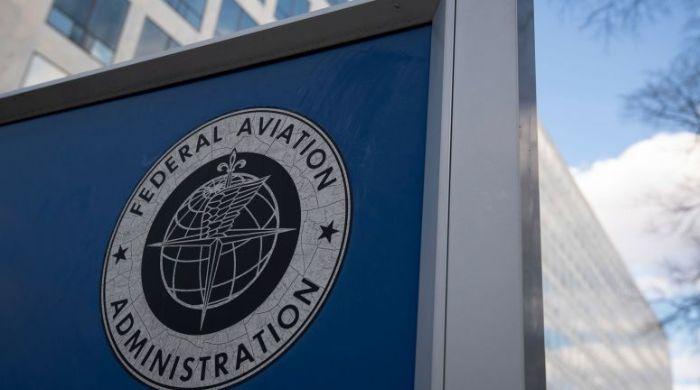The United States Federal Aviation Administration (FAA) imposed a 10% reduction in flights at 40 of the country’s busiest airports starting Friday, November 7.
The decision was announced by Transportation Secretary Sean Duffy as a necessary step to maintain safety as air traffic controllers are forced to work without pay, causing widespread chaos and staffing shortages that lead to significant flight delays.
FAA Administrator Bryan Bedford stated at a news conference: “We are seeing pressures mount in a way that we do not believe will allow us to continue to tell the public that we operate the safest airline system in the world.”
The cuts will be implemented in phases starting with a 4% reduction on Friday, November 7, then 5% on Saturday, November 8 and 6% on Sunday, November 9.
A full 10% cut is expected to be imposed next week. The move is aimed at minimizing pressure on air traffic controllers at “high-volume” airports, as workers will miss their second paycheck since the shutdown began 36 days ago.
List of affected airports
The FAA has not released a complete list of airports, but as reported by CBS NewsThe following airports are most likely to be affected:
- Anchorage International (ANC)
- Hartsfield-Jackson Atlanta International Airport (ATL)
- Boston-Logan International (BOS)
- Baltimore/Washington International (BWI)
- Charlotte Douglas International Airport (CLT)
- Cincinnati/Northern Kentucky International (CVG)
- Dallas Love (DAL)
- Ronald Reagan Washington National (DCA)
- Denver International (DEN)
- Dallas/Fort Worth International Airport (DFW)
- Detroit Metropolitan Wayne County (DTW)
- Freedom of Newark International (EWR)
- Fort Lauderdale/Hollywood International (FLL)
- Honolulu International (HNL)
- Houston Hobby (HOU)
- Washington Dulles International (IAD)
- Intercontinental George Bush Houston (IAH)
- Indianapolis International (IND)
- New York John F. Kennedy International Airport (JFK)
- Harry Reid Las Vegas International Airport (LAS)
- Los Angeles International (LAX)
- New York LaGuardia (LGA)
- Orlando International (MCO)
- Chicago Midway (MDW)
- Memphis International (MEM)
- Miami International (MIA)
- Minneapolis/Saint Paul International (MSP)
- Oakland International (OAK)
- Ontario International (ONT)
- Chicago-O`Hare International (ORD)
- Portland International Airport (PDX)
- Philadelphia International (PHL)
- Phoenix-Sky Harbor International Airport (PHX)
- San Diego International (SAN)
- Louisville International (SDF)
- Seattle/Tacoma International (SEA)
- San Francisco International (SFO)
- Salt Lake City International Airport (SLC)
- Teterboro (TEB)
- Tampa International (TPA)
Riots at the airport, they offer refunds
The announcement sent airlines scrambling to adjust their schedules within 36 hours. As the advisory circulated, airlines announced their strategies to combat the current situation.
United Airlines CEO Scott Kirby said the airline will avoid long-haul international flights and instead focus on regional flights and domestic routes outside of hubs.
“United long-haul international flights and our hub-to-hub flights will not be affected by this FAA schedule reduction order. That is important to maintain the integrity of our network, provide affected customers with as many options as possible to resume their travel, and maintain our crew matching systems,” he said in a memo.
“Instead, we will focus our schedule reductions on regional flights and major domestic flights that do not travel between our hubs,” he added.
The airline also offered refunds to its customers stating that “any customer traveling during this period is eligible for a refund if they do not wish to fly, even if their flight is not affected. That includes non-refundable tickets and those customers on basic economy tickets.”
American Airlines said it expects the “vast majority” of its customers’ trips to be unaffected.
Southwest Airlines said it was assessing the impact and would communicate directly with customers, while urging Congress to “immediately resolve their impasse.”




